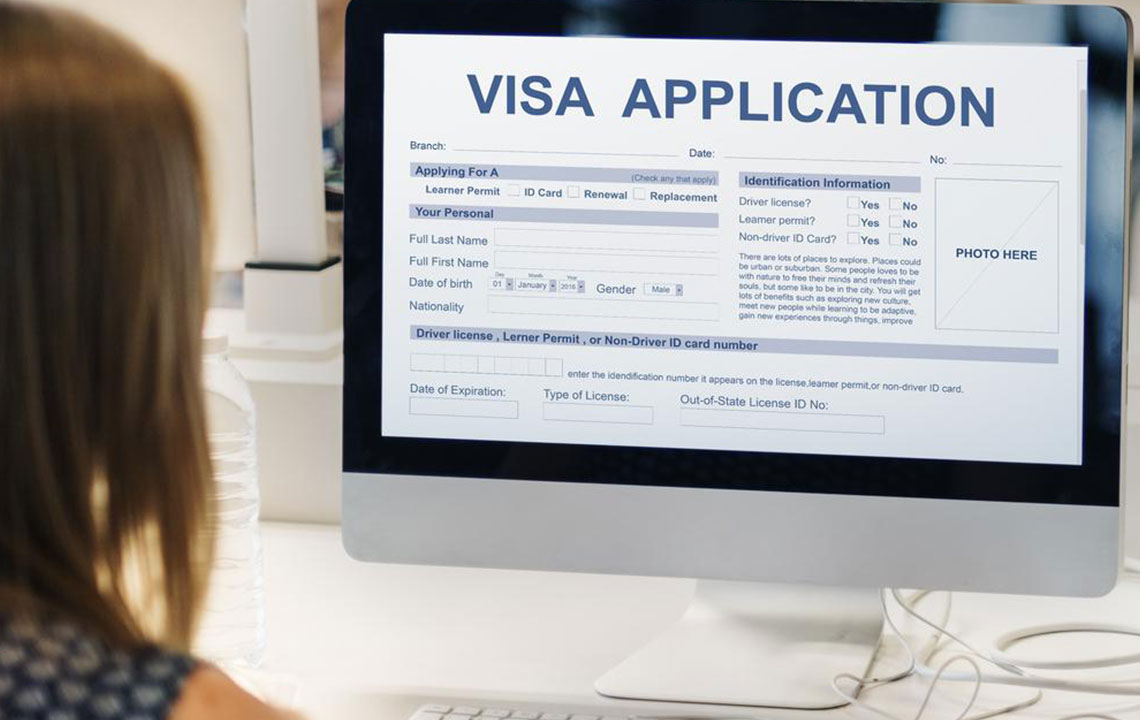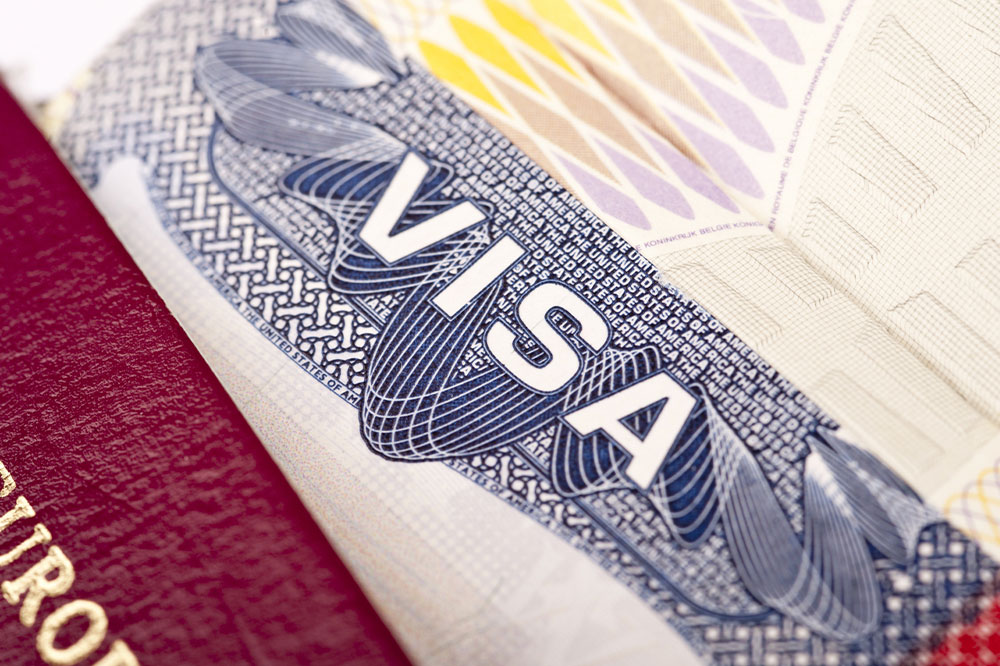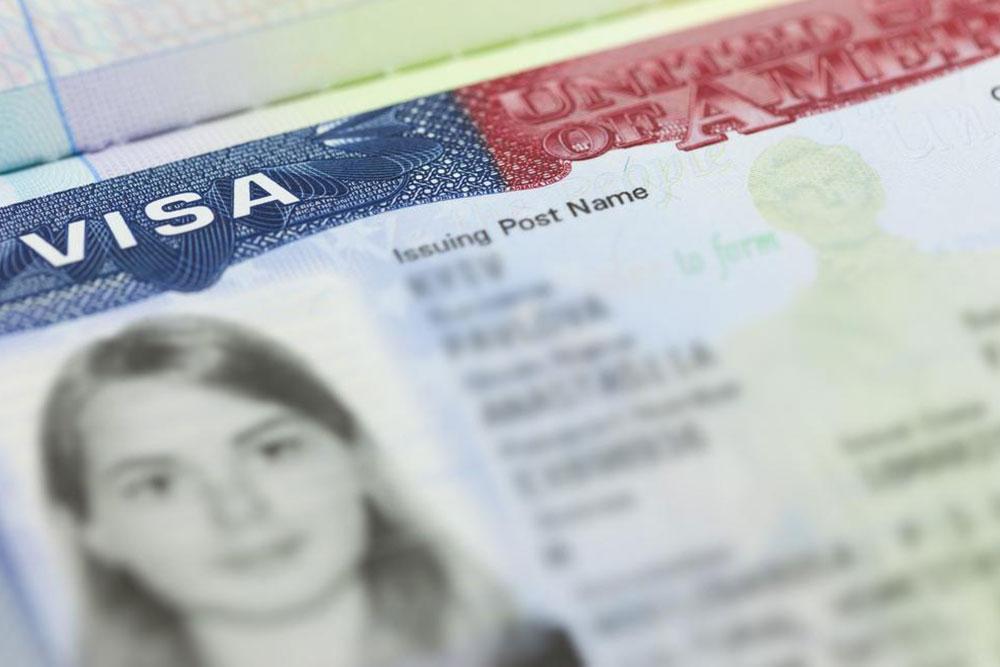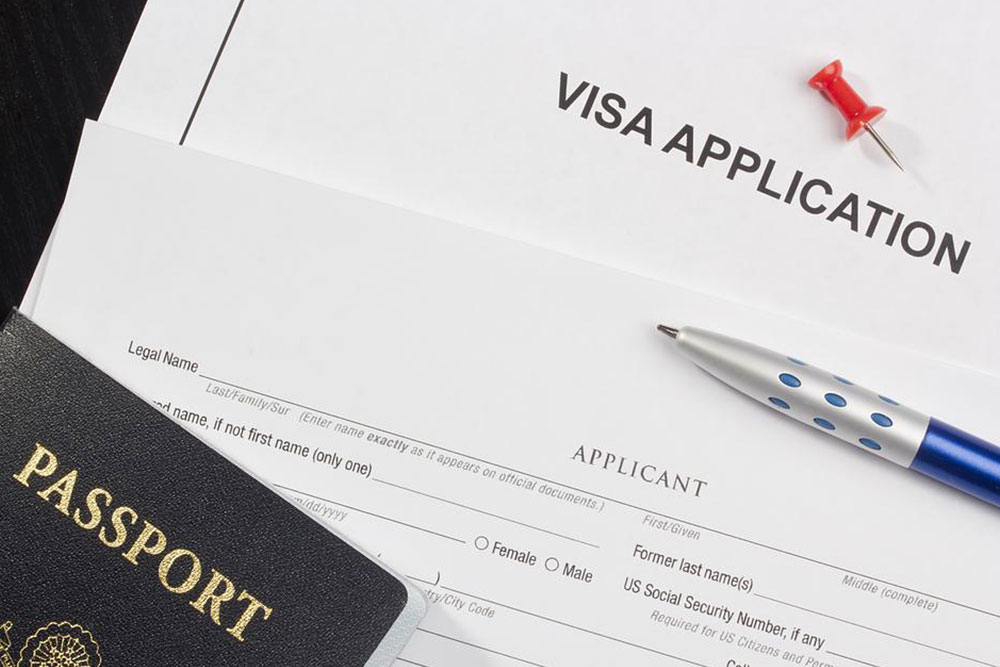Essential Vaccination Requirements for U.S. Immigrant Visa Applicants
This article highlights the essential vaccination requirements for immigrant visa applicants to the U.S. It covers necessary immunizations, exemptions, and procedural tips for a smooth application process, emphasizing health compliance to avoid visa delays or denials.

Vital Vaccination Guidelines for U.S. Immigration Visa Applicants
Securing a U.S. immigrant visa involves several important steps, including a mandatory medical examination. During this process, healthcare professionals evaluate the applicant’s health records and conduct specific medical tests essential for visa approval.
To streamline the medical component, applicants should prepare their vaccination documentation in advance. Having immunization records readily available can help avoid delays. This also provides proof of received vaccines, supporting a smooth application process.
Certain vaccines recommended for U.S. citizens are also required for immigrants. These are established under the guidance of ACIP, which determines vaccination schedules for all age groups. Unless exempted, applicants must meet the following vaccine requirements:
Hepatitis A and B
Influenza and Hib
Measles
Meningococcal
Mumps
Pneumococcal
Pertussis
Polio
Rotavirus
Rubella
Tetanus and Diphtheria
Varicella
Exemptions may be available for orphaned children under 10 applying for IR-3 and IR-4 visas, provided adoptive parents submit an affidavit confirming vaccination within 30 days of arrival.
Applicants with socio-religious objections can request a waiver via form I-601, though costs may apply, and waivers are not granted solely based on financial inability. It’s advisable not to receive vaccines within 30 days before the medical exam. For the latest vaccination policies, consult the U.S. Citizenship and Immigration Services website.
Adhering to vaccination mandates is crucial for meeting U.S. immigration standards and avoiding visa or permanent residency denial.









